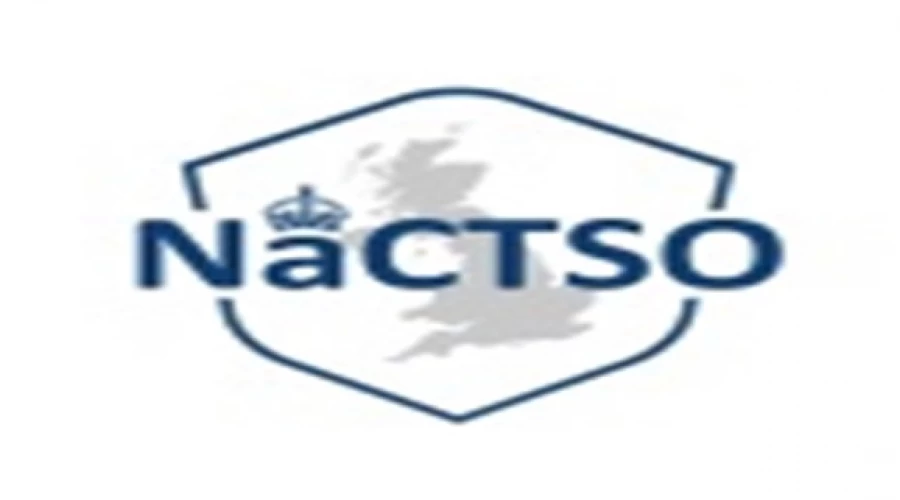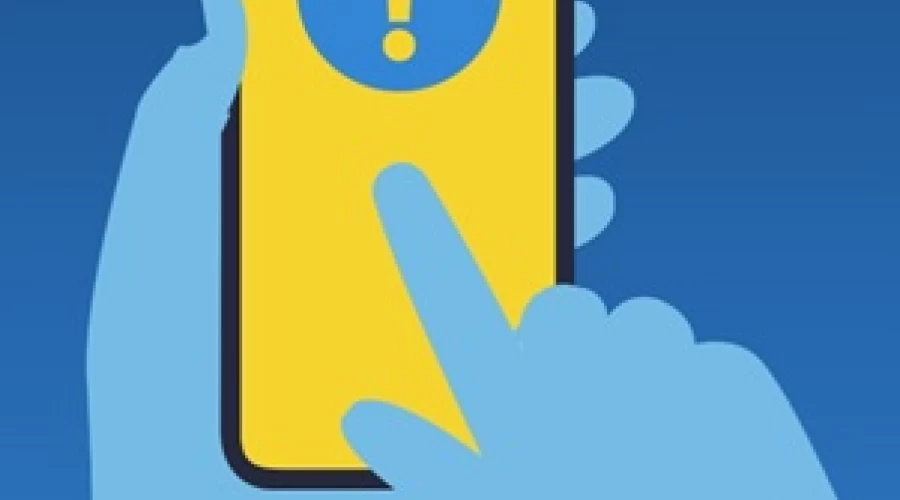What should you do?
This article contains information & advice regarding risks that do not appear on the Risk Register.

What should you do?
There are many different terms around terrorism, and it can be quite confusing sometimes to work out what they all mean. Hopefully, we can deconstruct some of these to help you understand how they all fit together.
ACT
ACT (Action Counters Terrorism) has been around for several years, and it brings together campaigns and advice to warn, inform and reassure the public. It is important to recognise that cooperation between the Police and the public is vital in reducing terrorism and therefore the success of ACT is crucial as we move forward and as the terrorism landscape changes.
ACT does several jobs however; it predominantly makes sure the community is aware of the risks and knows how to reduce its susceptibility and impact, but also acts as a mechanism to share information of anything suspicious to the authorities.
Some of its key campaigns are:
Reporting of Suspicious activity
This can be done in several ways:
Online - Tell us about possible terrorist activity | Metropolitan Police
In an Emergency – call 999
Anti-Terrorism Hotline – 0800 789 321 (you can choose to maintain anonymity and messages will be sent over a secure internet connection)
Once you’ve made a report, specially trained officers will undertake further checks. All information you give will be kept securely.
There are thousands of reports of suspicious activity every year so please don’t hesitate if you spot something you feel is ‘unusual’.
What is suspicious activity?
All information sourced directly from: Report terrorist or extremist content online – Action Counters Terrorism
Research:
- Do you know someone who travels but is vague about where they are going?
- Do you know someone with multiple passports in different names?
- Do you know someone who looks at extremist material? Or shares or creates content that glorifies terrorism?
- Have you noticed somebody promoting hateful ideas or extremist views?
Gathering Materials:
- Have you noticed someone receiving deliveries for unusual items?
- If you work in commercial vehicle hire or sales, has a sale or rental seemed unusual?
- Have you noticed someone buying large amounts of chemicals or gas cylinders for no reason?
- Have noticed someone acquiring illegal firearms?
Storing Materials:
- Have you noticed anyone storing large amounts of chemicals, fertilisers, or gas cylinders for no reason?
- Have you noticed anyone storing firearms which could be used for an attack?
Hostile Reconnaissance:
- Observation and surveillance help terrorists plan attacks. Have you noticed anyone taking photos and observing CCTV or security arrangements?
Financing:
- Cheque and credit card fraud are ways of generating cash. Have you noticed any unusual bank transactions?
Related News
Concerned about Family or Friends
Radicalisation is the process by which someone comes to support terrorism and extremist ideologies. It is vitally important that should you suspect anyone is becoming radicalised (or even deeply interested) you act early and seek help. The important thing here is to remember that you are actually helping them by getting in contact with the Police as soon as possible to ensure they can get the help and protection from exploitation by extremists.
There are trained Prevent officers across the country, who work together in multi-agency groups to help people vulnerable to radicalisation move away from any violent extremism.
Friends and family are best placed to spot any signs of radicalisation as they will be able to spot any changes in interest and behaviour before anyone else. They must trust their instincts and tell the Police; their information will be treated in total confidence.
Remember, nobody is wasting anyone’s time, it won’t ruin anyone’s life, but it might save them!
To read more about helping someone close to you please visit: ACT Early | Prevent radicalisation




